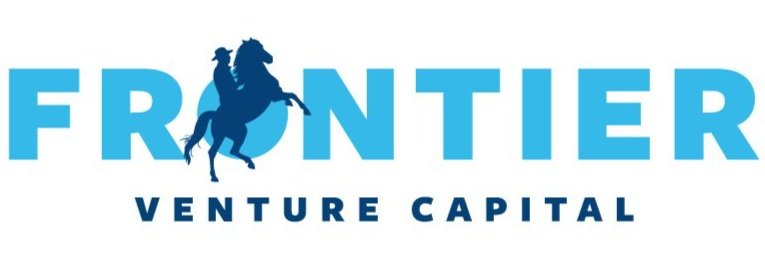Why we backed Digbi Health....
/By Blair Simpson
At Frontier, we have a series of <<themes>> that drive our investment decisions. One of them is data and personalization. We also have a guiding light in the form of our Fund’s mission: to amplify joy, well-being, safety and productivity around the globe. It will therefore be no surprise that we are excited about our recent decision to back Digbi Health. Digbi has developed a digital platform for patients and doctors to improve weight management outcomes by harnessing the power of cutting-edge microbiome research and genetic testing.
There is strong scientific evidence to support a link between obesity and comorbidities such as hypertension, type 2 diabetes, and cardiovascular disease. Founder Ranjan Sinha, a serial entrepreneur, was inspired to tackle this problem while facing his own health challenges. As doctors recommended emergency triple bypass to a patient with no prior health conditions, Ranjan knew there must be something missing from his health analysis and treatment options. A decade of research later, Digbi Health emerged with a platform to monitor weight management
By combining advancements in microbiome research, digital innovation in managing patient care, and a proprietary data set and algorithm to provide a holistic analysis of patient health, Digbi has carved its own niche in the healthcare space. And with $190B spent annually on treating obesity-related illnesses, it will not remain a niche for long!
So many Americans are well-intentioned in their approach to weight management, but become disillusioned with the underwhelming results. In a world crowded with ads for weight-loss diets, apps, and supplements, how would Digbi reach those who needed it most? Ranjan knew that a clinical delivery of the platform would optimize outcomes and he sought out forward-thinking institutions within the healthcare industry. In Digbi’s first healthcare partnership, 75% of patients in the trial lost weight: it was an outcome the Digbi team had dreamed of seeing for years, and one they are eager to replicate for patients and clinicians everywhere.
Frontier looks forward to our partnership with Digbi as it expands services to customers across the healthcare landscape. Best wishes to Ranjan and the Digbi Health team, welcome to Frontier!

